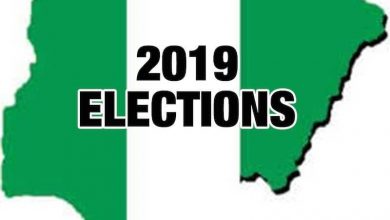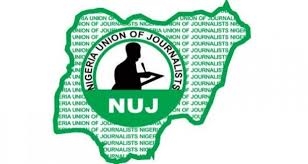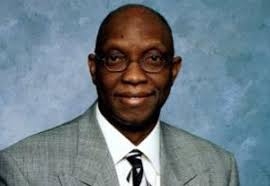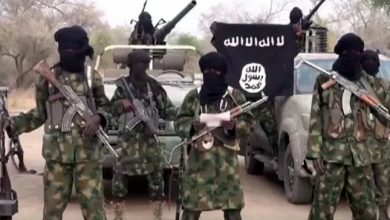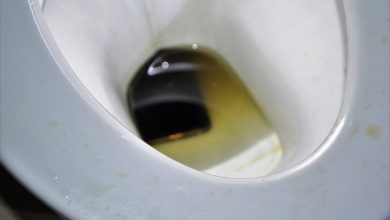
ALL PROGRESSIVES CONGRESS APPOINTS NEW SPOKESMAN

He also did courses in Advanced Public Relations and Media Audience Research at the New York University, United States, and attended several seminars and conferences in the U.S. and UK, including at the prestigious World Advertising Research Council (WARC) in London, UK.
An associate member of the Public Relations Society of America (PRSA) and member of the Public Relations Society of New York, He is also a Corporate Member of the International Communications Conference (ICC) at the Baruch College, State University of New York, U.S.A. He is also an associate member of the Advertising Practitioners Council of Nigeria (APCON).
He worked variously as a Media Relations Executive and journalist for 15 years and as a policy and development issues strategist, public perception analyst and communication planner in the last 13 years.
Penpushing reports that, Issa-Onilu joined the defunct Comet Newspapers in Lagos as a News Editor and later moved to Thisday Newspapers as Assistant Editor, SundayThisday. He resigned as Group Politics Editor, Thisday Newspapers.
He also worked for the World Investment News (Winne), France, for the production of a special report on Nigeria’s democratisation process, published in the June 1999 edition of FORBES International Business magazine.
The new ruling party spokesperson has written many papers and delivered lectures on public communication, crisis communication and reputation management and Integrated Marketing Communications.
He delivered a paper on ‘How to Prepare a Marketing Plan’ at a workshop for advertising and marketing chief executives and practitioners organised by the Advertising Practitioners Council of Nigeria (APCON) in Abuja in 2008 and in Kaduna in 2009. He also delivered a paper on ‘How to Develop Effective Public Communications Campaign’ to advertising, public relations, marketing and media practitioners in Abuja and the North on the invitation of APCON in 2015.
He also delivered a paper on ‘Crisis Communication and Reputation Management’ before an international audience of communication, marketing, advertising, and public relations academia, practitioners and faculty at the Baruch College, State University of New York, New York, USA in June 2010.
He is from Ilorin in Kwara State,and was among the three other candidates who lost to Abdullahi in the original election for the position of National Publicity Secretary of the ruling party.



